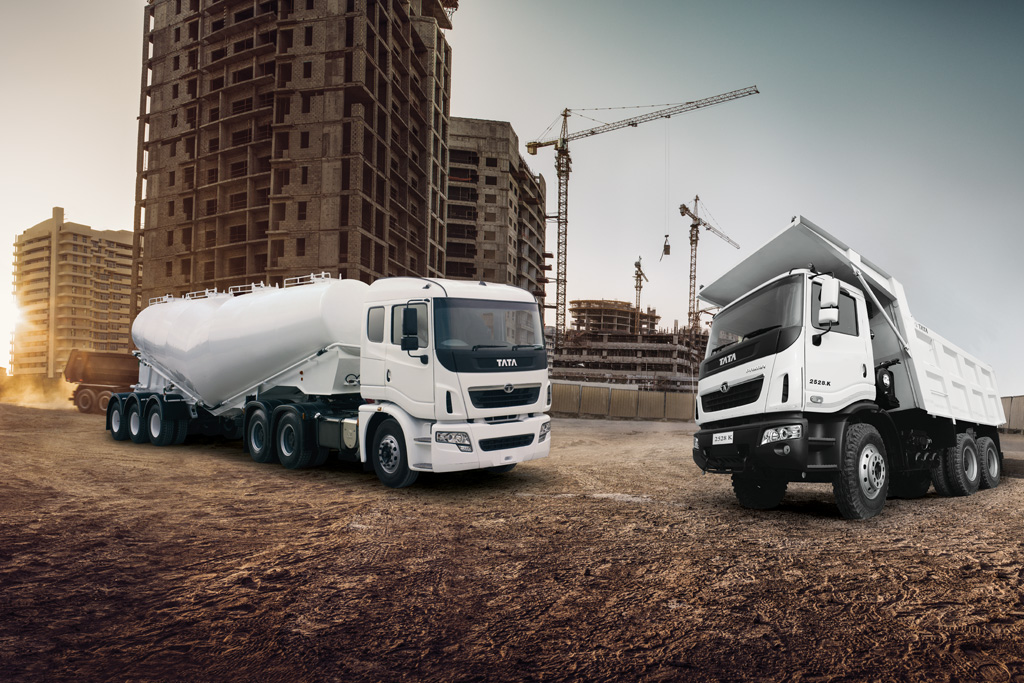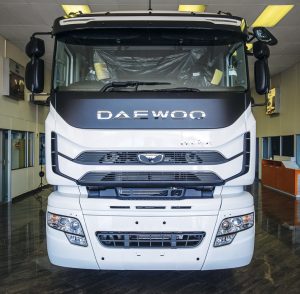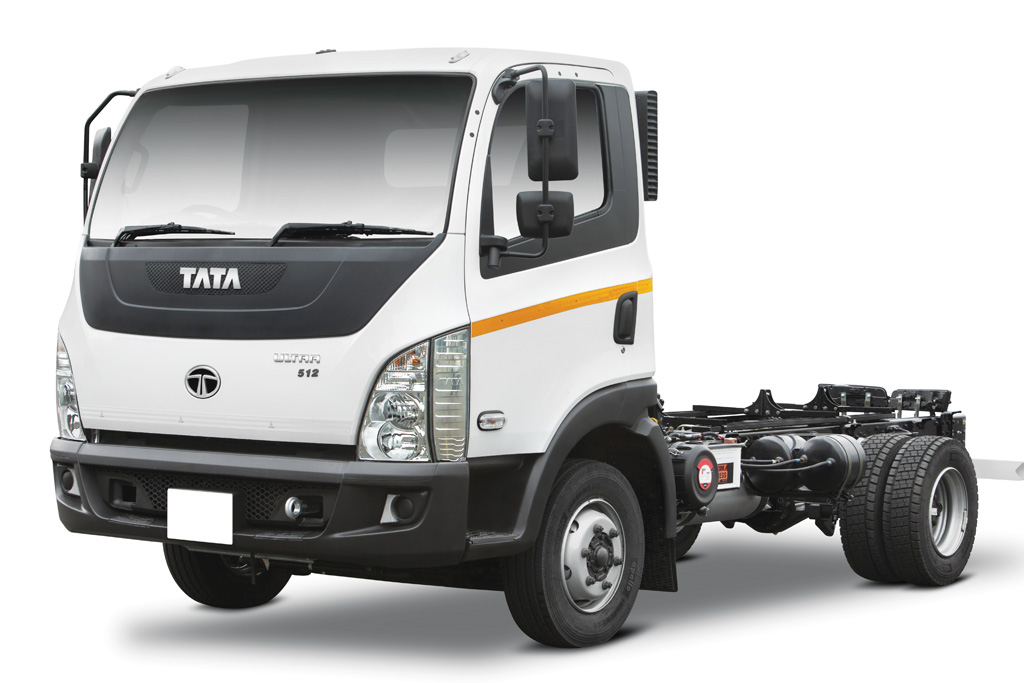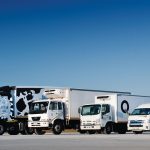The art of “trucking, plain and simple”

Harneet Luther, executive director: Tata Automobile Corporation SA, says that “customer centricity and connecting aspirations” are the keys to success in 2018. GAVIN MYERS chats to him.
Looking back at the Futuroad Expo, which happened in September 2017, it was clear that Tata Truck & Bus SA is excited about its future in the southern African markets – despite having had a few vehicle supply challenges tossed its way during the year.
A few models were also discontinued – but these will be replaced in due course with a new range.
“In spite of the supply constraints and discontinuation of a few models, we increased our market share in the relevant product segments where product was available,” Luther explains.

However, for the immediate future, the introduction of the Tata Ultra at Futuroad and the Daewoo brand of products (in the coming months) has meant that 2018 should return more of an increase for the brand.
“We are positive that we can progressively pick up our volumes and further increase our market share following the introduction of our new Tata Ultra platform. In fact, since the launch of the Ultra 814, we have received a lot more orders than we anticipated in a short time span. The market has welcomed this model as the design, comfort and technical specifications of this truck are modern and contemporary,” Luther says.
“Compared to the medium and heavy commercial-vehicle segments, the extra-heavy commercial-vehicle (EHCV) market differs in many aspects, and to cater to this segment we previously introduced the Prima platform. Newer models from this range will be introduced in the near future and, in addition to this, we are introducing the Daewoo brand – stemming from South Korea – in order to offer a complete range to cater to the EHCV market,” he adds.
Luther outlines the company’s strategy for a successful model introduction.
“We are a company that strives to cater to our customers’ needs in terms of comfort, style and performance and, therefore, the voice of customer is extremely important to us. Continuous market research into customer needs assists us in developing vehicles suited to the customer.
“We always embark on various trials as part of the process followed before the introduction of any products. One such platform is the Ultra, which has been presented to the market post feedback and trials across various markets.
“Continuous product training for our team, including the channel partners, completes the new model introduction,” he explains.
In order to ensure these new products get the best start in the market, the company is also prioritising the streamlining of its supply channels.
“We are also planning to strengthen our footprint and build up the capabilities at network level (there are 47 dealers and workshops across South Africa, as well as a fully fledged workshop at our head office) to ensure higher uptime as well as best-in-class customer service,” Luther notes.

“Of course, anything can happen on the road and, should a vehicle land up in a Tata workshop, customers can rest assured that they are backed up by competitive manufacturer warranties. For products bought in South Africa, Tata also offers customers a roaming warranty across 14 countries,” he adds.
(It is also interesting to note that the company runs a state-of-the-art merSETA-accredited training facility in Johannesburg, where free training is offered to mechanics, technicians and drivers.)
The focus on uptime is indicative of Tata’s commitment to lowering vehicle lifecycle costs and overall cost per kilometre (CPK) for its customers; who are already operating in a depressed market.
“With the South African economy currently weighed down by poor investment sentiment and the prevailing difficult business environment, the market is not as buoyant as we would have preferred it to be. Acquiring finance is also a challenge faced by customers.
“While there are factors which we as an OEM are not able to overcome, we will endeavour to move forward. We are positive the market will pick up (the National Automobile Association of South Africa has predicted a minimal increase in the truck market for 2018), but again certain factors (which remain out of our control) could contribute to the market not expanding,” Luther says.
“However, we encourage our customers to keep on operating as we support them to achieve profits with robust products and low CPK. We believe that, through customer centricity and connecting aspirations, our valued customers will enjoy the benefits of our new products which, in turn, will help in achieving their desired business results.
“We live up to our slogan ‘Trucking, plain and simple’,” Luther concludes.
Published by
Focus on Transport
focusmagsa




